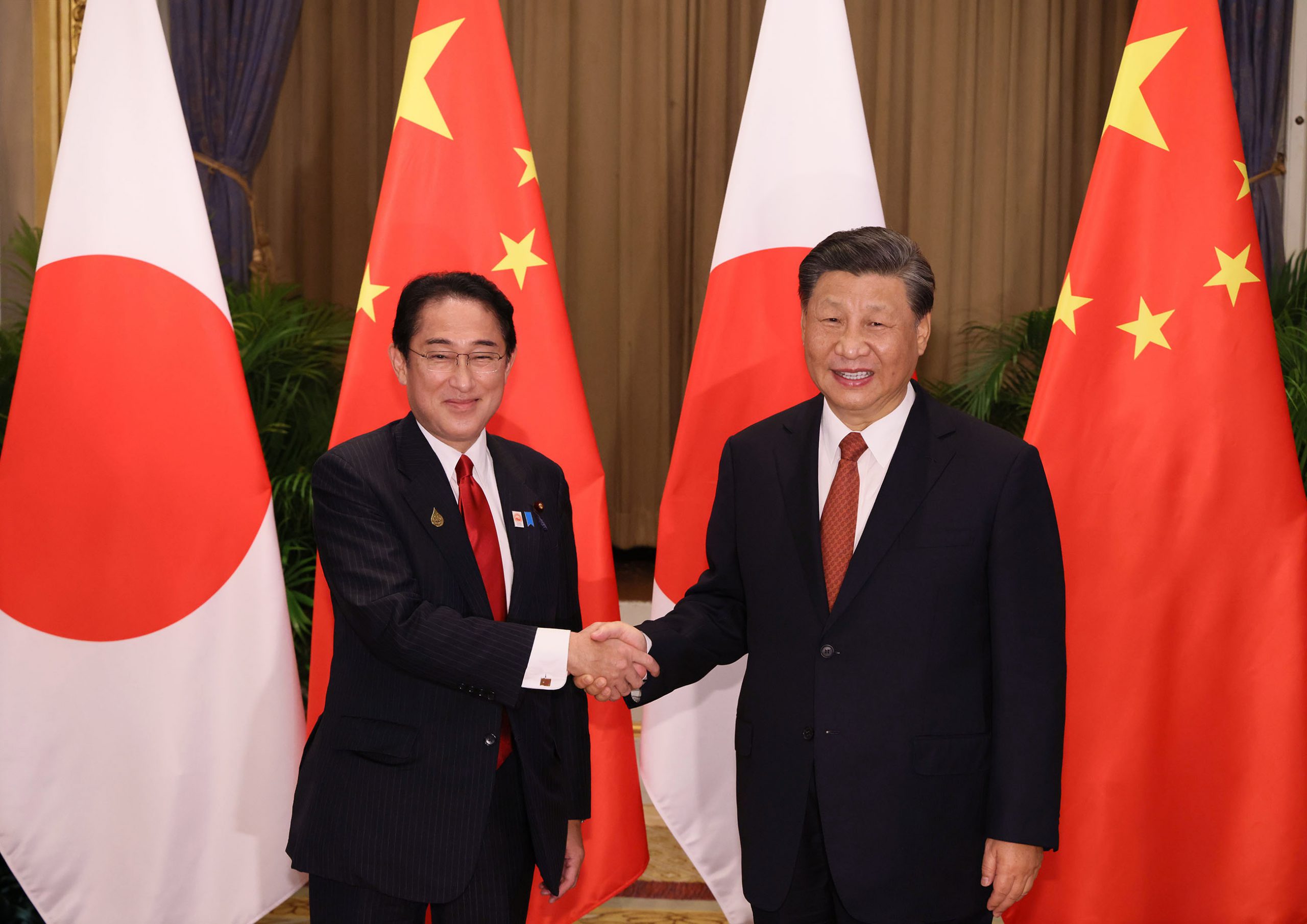
The last weeks have been intense in the role that has been given to diplomacy and mediation around the war in Ukraine. Indeed, as China proposed to fill the role of mediator in the conflict, Xi Jinping went to Moscow to meet with President Putin. The day after, it came as a surprise that Kishida was in Kyiv to meet with President Zelensky. As this article released by The Diplomat reports, Asian countries are taking the lead in terms of diplomatic policies around Ukraine.
Moreover, we can notice that the two Asian countries chose the two opposing sides involved in the Ukrainian war. On the one hand, Xi speaks with Putin about settling the conflict and bringing peace but did not provide any plan, focusing only on jointly blaming Washington for the war. On the other hand, Kishida went to Kyiv to reassert Japan’s support to Ukraine and to follow up on the 5.5$ Billion of aid sent to Ukraine that we tackled last month in this article. Nonetheless, as the Diplomat highlights, as a consequence of the US-Japan alliance, one can perceive the Kishida visit as part of the Great Power Struggle between China and the US.
In fact, China proposed a plan in 12 points one year after the beginning of the war to show its willingness to aim at peace to end the conflict. Nevertheless, pro-Ukraine countries highlight the bias of the Chinese plan, which is deemed to favour Russia and subsequently rejected it.
Thereby, as much as proxy wars were battlegrounds for ideological confrontations during the Cold War, the war in Ukraine opposes the two great powers that are the US and China and their allies in a logic of systematic confrontation.

Thai citizens are eagerly anticipating the upcoming election scheduled for May 14, 2023. They hope that a new leader will emerge who can successfully drive the country forward and revitalise the economy, which has remained stagnant since the 2014 coup d'etat under the leadership of former General Prime Minister Prayut Chan-o-cha.
In this election, several notable political parties have gained attention from different groups of people. Some consider the Pheu Thai Party, led by Paethongtarn Shinawatra, as a major and experienced party ready to address economic issues. Others are drawn to the Move Forward Party, a group of younger generation leaders led by Pita Limcharoenrat, for its promise to restructure decentralisation, which is a fundamental solution to political problems. The civil-military political party, Palang Pracharat, led by Prawit Wongsuwan, is also noteworthy and has its own supporters who benefited from the previous government.
Amidst the heated debates and intense campaigning from candidates and their supporters, one thing that should also be closely watched is the opaque work of the Election Commission. In 2019, the Election Commission of Thailand (ECT), selected by NCPO led by Prayut Chan-o-cha, used to provide real-time reporting of vote counting, but the official announcement of election results was abnormally delayed and came with numerous negative scandals. Instead of improving the counting and reporting system, the ECT announced this year that they would not provide real-time vote-counting updates claiming that to avoid inaccuracies learned from the last election.
The announcement from ECT has caused concern among those closely following the election, who fear that dirty tricks may occur again. Thus, it is important to keep a close eye on the proceedings and scrutinise the work of the ECT to ensure a fair and transparent voting process.